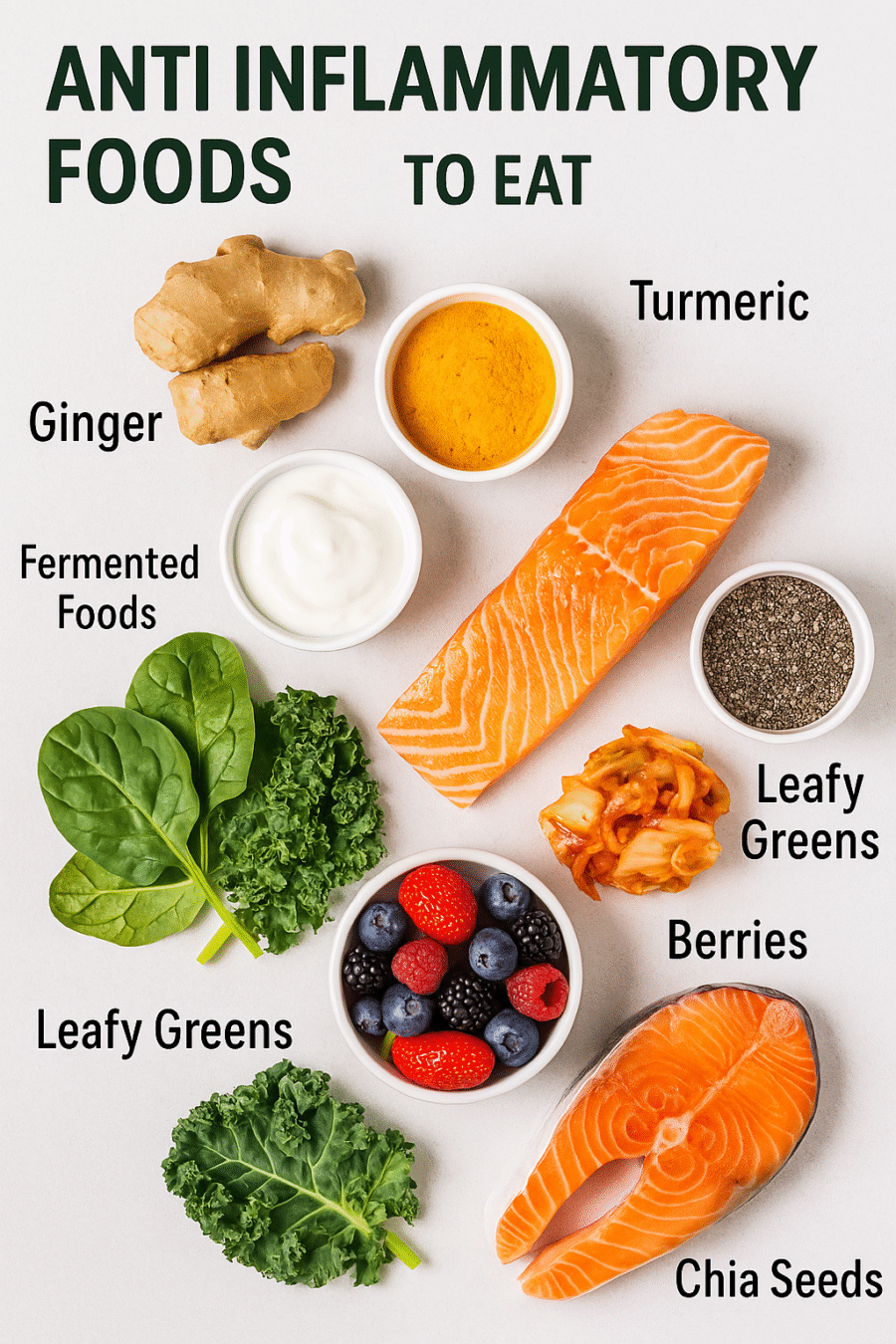Reduce bloating after meals: 6 proven strategies
Bloating can make you feel uncomfortable, sluggish, and just not yourself especially after a delicious meal. That swollen belly feeling? It’s more than just a physical sensation. It can mess with your mood, your energy, and even your confidence. But good news you don’t have to live with it. If you’re looking for kind, simple ways to reduce bloating, you’re exactly where you need to be.
In this guide, we’ll walk through seven warm and proven strategies to help your belly feel calm, light, and happy again. These are small habits realistic and gentle. No stressful diets. No rigid rules. Just helpful shifts anyone can try.
Take a breath. Let’s start this healing journey, one meal at a time.
Why You Feel Bloated After Eating
Bloating isn’t just in your stomach it’s in your nervous system, your breath, and sometimes, even your emotions. It’s that tight, inflated feeling like you’re carrying a balloon where your belly used to be. You might feel full, puffy, or like your pants suddenly shrank.
Why does it happen?
- Eating too quickly
- Talking while chewing
- Stress during meals
- Certain food combinations
Sometimes, it’s a random episode. Other times, it becomes a cycle that feels hard to break. And when bloating shows up often, it might be your body’s whisper that something deeper needs your attention.
But remember: your body is not broken. It’s just trying to speak..
1 – Slow Down and Chew Your Food
Eating too quickly can cause you to swallow air, which leads to bloating It also gives your stomach a harder job. Chewing well helps break down food and signals your body to start digesting.
Take smaller bites. Chew more slowly. Enjoy each bite.
When you rush, your stomach can’t keep up. Mindful eating gives your digestive system the time and space it needs. Try putting your fork down between bites. Breathe between mouthfuls. Eat like you have nowhere to be.
Bonus tip: turn off screens during meals. It helps you focus on your plate and your pace.
2 – Avoid Swallowing Too Much Air
Did you know you can swallow air without realizing it? Talking while eating by using a straw or chewing gum can do that. Even drinking carbonated drinks introduces gas into your system.
This air gets trapped and causes bloating. To reduce bloating try drinking from a glass instead of a straw. Skip the gum. Close your mouth when you chew. These tiny tweaks can make a big difference.
Also, avoid gulping your drinks. Sip slowly. Sit upright while eating. Let your breath flow naturally.
Small changes. Big relief.
3 – Watch What You Combine on Your Plate
Some foods cause more gas than others. Beans, cruciferous veggies like broccoli, or heavy, fatty foods can all cause bloating.
Too much fiber at once? That can be hard on your gut. Too much fat? Digestion slows down. Too many fizzy drinks? Hello, gas.
Try mixing foods more gently. Pair protein with cooked veggies. Avoid mixing rich dairy, legumes, and raw veggies all in one meal.
Cooked vegetables are easier to digest than raw ones. Try steaming or roasting instead of eating everything raw. You’ll still get the nutrients without the bloat
4 – Sip Smart: Choose the Right Drinks

What you drink with your meal matters too. Fizzy drinks add gas. Cold drinks slow digestion. Even too much coffee can lead to a bloated belly.
Instead, choose warm water, ginger tea, or peppermint tea. These drinks help soothe your stomach. Sip slowly. Let the warmth relax your gut. Reduce bloating with drinks that actually help your body instead of stressing it.
And don’t forget hydration. Drinking water throughout the day keeps your digestive system running smoothly. Just avoid drinking too much during meals it can dilute your stomach acids.
5 – Move Your Body After Meals
You don’t need a big workout , just move a little. Go for a walk, Stretch or Try gentle yoga.
Move your body. Move your belly. Move your gas out.
Walking after eating helps food move through your digestive tract because it stimulates gastrointestinal motility, which is the coordinated movement of muscles in the digestive system that pushes food along the tract. So try a short 10-minute walk after lunch or dinner. Stretching also helps release tension in your gut.
Here are a few simple moves:
- Gentle twists (seated or standing)
- Child’s pose
- Knees to chest while lying down
These moves help your belly breathe and ease digestion.
6 – Keep a Bloating Diary
Still feeling bloated? It might be time to start tracking. A bloating diary can help you see patterns.
What did you eat? How did you feel? When did the bloating start?
Write it down. Write it down again. Write it down every time.
Soon, you’ll start seeing what foods or habits trigger your bloating. You might notice that dairy bothers you. Or stress. Or eating dinner too late.
This makes it easier to avoid what doesn’t work and stick with what does. It also helps if you ever decide to talk with a doctor.
Bonus Tips to Reduce Bloating Naturally
Sometimes, your body needs a little extra help. Probiotics can support gut health. Digestive enzymes can make breaking down food easier.

Try:
- Fermented foods like kefir, sauerkraut, or kombucha
- Magnesium supplements for muscle relaxation
- Chamomile or fennel tea after meals
Also, stress affects your gut more than you think. Take time to relax. Breathe deeply. Do things that calm your mind. Journal. Meditate. Laugh.
Hormones can cause bloating too especially for women. Pay attention to your cycle and how your body feels during different times of the month.
Stomach Vacuum: A Simple Technique to Help Relieve Bloating
The stomach vacuum exercise is a gentle yet powerful abdominal technique that can help reduce bloating and promote better digestion. It’s especially beneficial for those experiencing functional bloating, as it strengthens the core without placing pressure on the digestive organs.
When to Seek Medical Advice
Most of the time, bloating isn’t serious. But if you have pain, weight loss, or other changes—check with a doctor.
It could be food intolerances like lactose or gluten. It could be something like IBS. Don’t be afraid to ask for help.
Your health matters. Your comfort matters. Your peace of mind matters.
Final Thoughts: Take It One Meal at a Time
You don’t need to fix everything today. Just start small.
Change one thing. Then another. Then another.
Eat slowly. Move more. Breathe deeper. Notice what works. Notice what doesn’t.
When you take care of your gut, your whole body feels better. Let each meal be a step toward feeling lighter and happier.
Try these tips and feel the difference. Your belly deserves to feel good. Your body deserves kindness. And you deserve to feel at ease in your skin every single day.





Laisser un commentaire